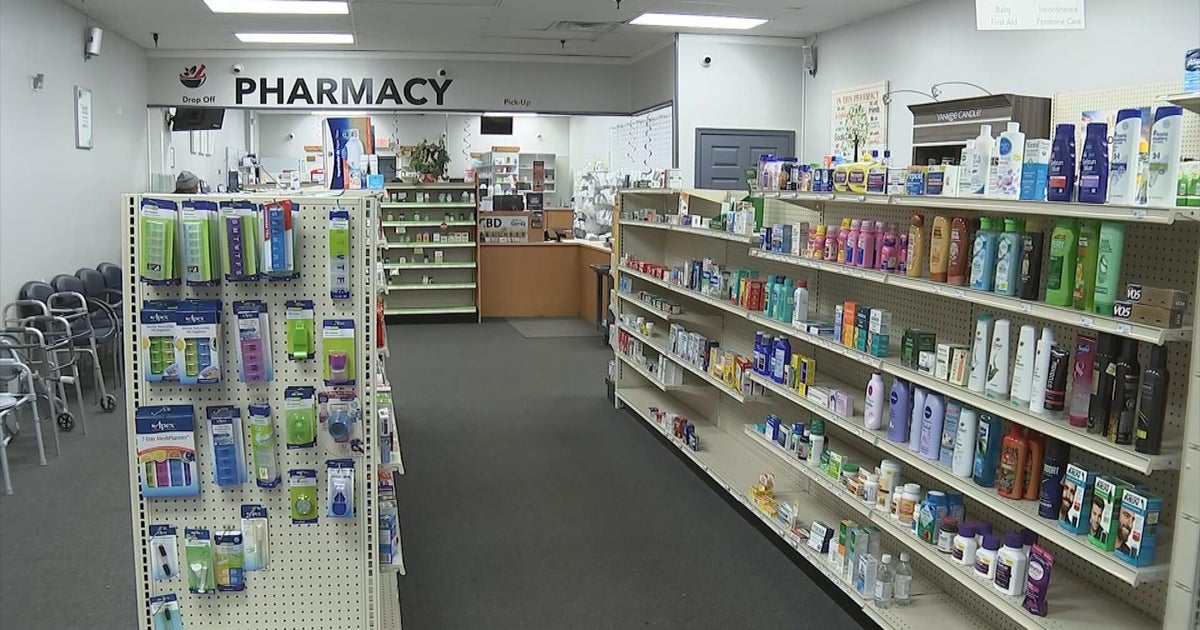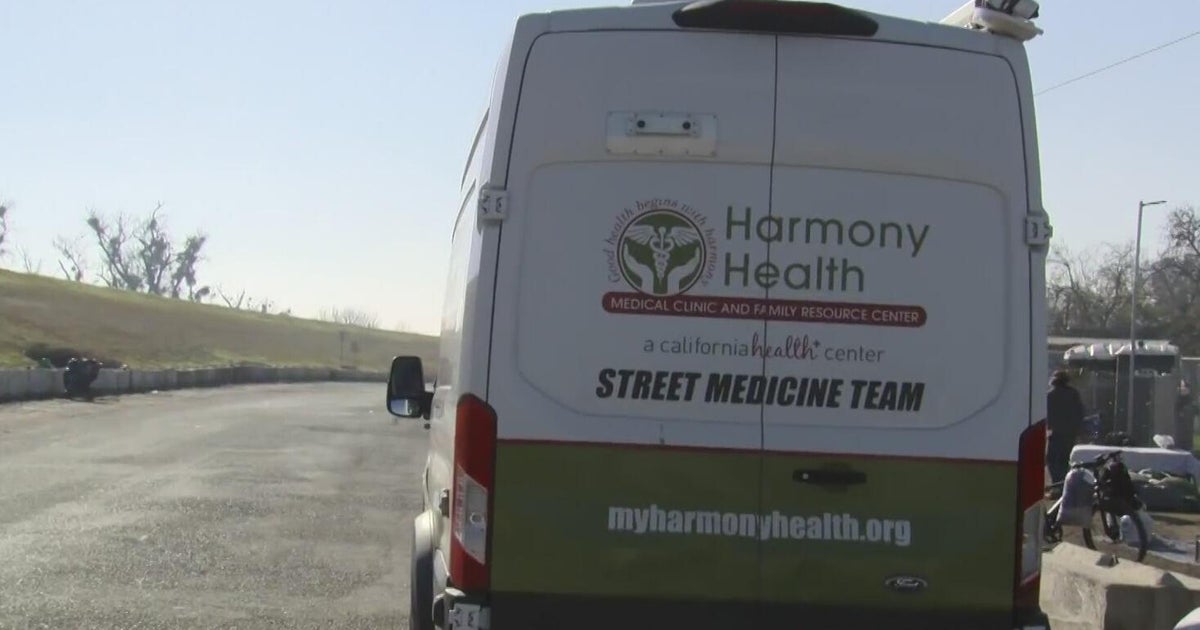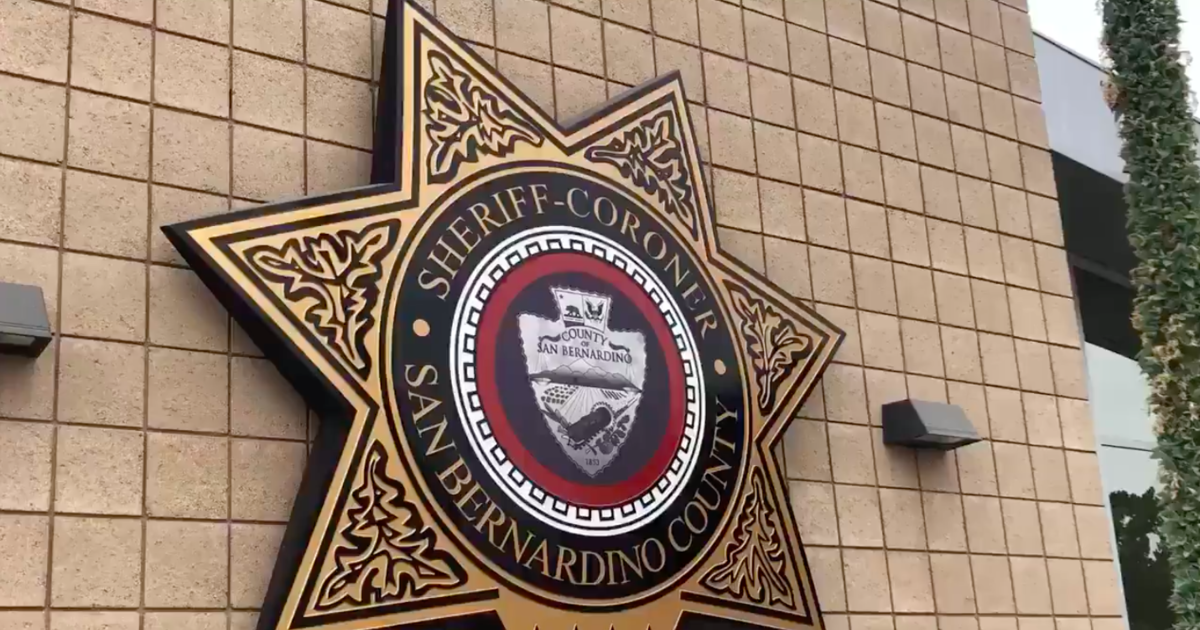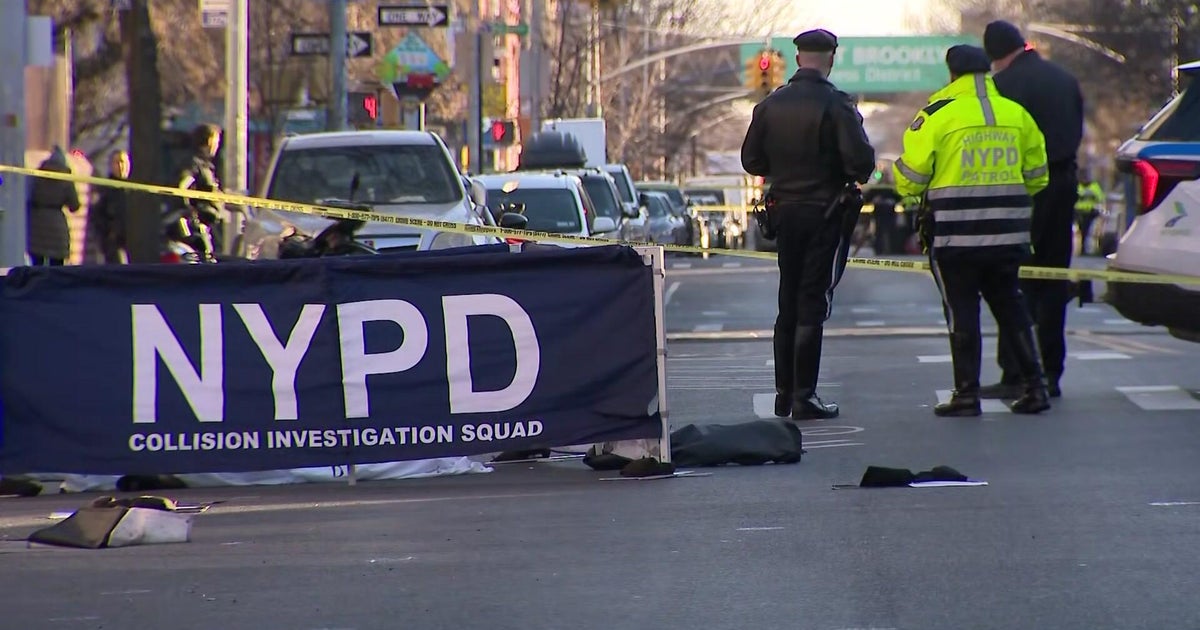Brooklyn business connected to multimillion dollar suspected Medicare fraud ring
NEW YORK -- Medicare recipients across the country say a Brooklyn business has been fraudulently collecting taxpayer dollars for medical supplies in their names, and CBS2 Investigates has learned this company is connected to a multimillion dollar suspected fraud ring.
Investigative reporter Tim McNicholas reviewed records showing Medicare paid thousands per person for catheters that recipients say they never ordered or even needed.
A sign outside G&I Ortho Supply in Gravesend reads, "Always Here." But neighbors tell a different story.
"I have never seen anyone in or out," neighbor Enriqu Arroyo said.
"A long time, I don't see nobody," said Merdan Ozkan, who works in Gravesend.
Watch: Tim McNicholas takes us inside the investigation
But over the past year, someone connected to G&I Ortho has been requesting hundreds of millions of dollars from Medicare for catheters.
One statement shows Medicare paid the company $1,800 last year for hundreds of catheters for a New Hampshire woman. There's just one problem.
"So all these charges were all fraudulent," Laura Colquhoun said.
Colquhoun says last year, she didn't order any medical supplies.
"Medicare is just saying, 'OK, here, here's taxpayers' money,' and I think they have to be more concerned because it is from taxpayer money," she said.
We first learned of the G&I Ortho pattern in January when the Better Business Bureau told us they received more than 50 reports about the company.
"Medicare in some cases is paying out, sometimes there are insurance companies involved, and sometimes there's out-of-pocket," said Claire Rosenzweig, with BBB Serving Metropolitan New York.
Since no one would answer the door during any of our visits to the building, we went looking for a man named Elchin Rafailov who says he used to own the company. His son put us on the phone with him.
He told us he's been bombarded with complaints of fraud even though he sold the company a year ago, and records show he stepped down as the registered agent last March, prior to the complaints we found about suspected fraud.
He says he's even been interviewed by the FBI and is cooperating with the investigation.
Rafailov sent us a copy of a Texas driver's license he says the buyer sent him. The ID lists the name Kevin Valdhans.
Jonathan Vaz, of Fort Lauderdale, says that same man bought his company -- Royce Medical Supply -- but didn't remove him from their billing system after the sale.
"At the time, I saw it was like $7 or 8 million, already billed in a week," Vaz said.
"Seven million [dollars] in catheters!?" McNicholas asked.
"Yep," Vaz said.
Vaz says he reported it to Medicare right away and spoke directly to investigators.
Records show Valdhans was added as manager last March and Vaz was removed. Vaz says he even had Zoom meetings prior to the sale with the so-called Kevin Valdhans.
"Only thing he'd spoken about was mentioned he had other businesses in other countries. That was it. He travels," Vaz said.
We showed that ID to the Texas Department of Public Safety, and they said it's a fake.
The National Association of Accountable Care Organizations (NAACOS) analyzed data and told CBS New York both Royce and G&I are connected to "a strong pattern of potential fraud."
In a statement, NAACOS President and CEO Clif Gaus said:
"ACOs are responsible for all of patients' spending over the course of a year and they receive claims data to find ways to better care for their patients and improve the overall performance of physicians, hospitals, and other providers. NAACOS members began alerting us in December to suspicious amounts of billings for catheters. ACOs are a second pair of eyes and probably the first to know outside of government that this is occurring. We felt it was important to stop this activity and went to the media to raise the profile of it. We're pleased to see to see the level of attention it has received, which speaks to the importance of the issue and the work ACOs do to be good stewards of the Medicare program."
The data shows they're two of seven companies that accounted for a $1.9 billion spike in Medicare payments across the country for catheters, including $336 million to G&I Ortho, $414 million to Royce, and millions more to those other five companies that also underwent leadership changes in 2023.
Medicare typically pays about $7-9 for a single catheter.
The agency that oversees Medicare won't comment on specific investigations, but a spokesperson told CBS New York "any potential fraud figures mentioned may not be accurate" as they have methods of stopping some payments and "...even though a claim may publicly show up as paid, the money doesn't go out the door."
But sometimes, it does; the Federal Trade Commission says Medicare loses about $60 billion to fraud, errors and abuse each year.
"It's possible that Medicare numbers could've been found by this organization on the dark web. Who knows? It's an unfortunate fact of life that these numbers can be out there," Rosenzweig said.
Medicare directed us to their educational videos warning people to ignore calls, texts or emails asking for their information.
But Colquhoun says she's always cautious and never gave her Medicare number to anyone.
As for Valdhans, Colquhoun said, "I think this has gotta be throughout the United States, and he's collecting a lot of money, and I just think it's so unfair that he's cheating the taxpayers.
Like us, she hasn't been able to find anyone from G&I who can explain the catheter charges. Always there, yet never available.
The Centers for Medicare and Medicaid Services sent CBS New York the following statement:
"CMS is committed to preventing fraud and protecting people with Medicare from falling victim to fraud. We can take swift actions to prevent illegitimate payments from going to bad actors when we have credible allegations of fraud. CMS does not confirm or discuss the existence of any ongoing investigation to ensure we do not compromise the integrity of the investigative process. However, that does not mean actions are not being taken behind the scenes.
"If a person with Medicare receives items or services they did not order or authorize, or if they notice their Medicare Summary Notice includes items or services they did not order or receive, they should immediately contact 1-800-MEDICARE (1-800-633-4227) to report the situation. Additionally, anyone can report suspected Medicare fraud by contacting the HHS fraud hotline at 800-447-8477 (which is 800-HHS-Tips). People with Medicare can also call their local Senior Medicare Patrol (SMP). To find the SMP in their state, they can go to the SMP Locator or call the nationwide toll-free number 877-808-2468 and ask for the SMP phone number in their state.
"It is important to note that beneficiaries have no financial responsibility for paying for fraudulent claims. CMS closely monitors provider billing behaviors and reviews every complaint to determine if further action is necessary. Depending on the circumstances, this may include (but is not limited to) beneficiary and provider/supplier interviews and medical record reviews. Billing analytics and beneficiary calls allow CMS to proactively identify and investigate potential vulnerabilities associated with program integrity issues.
"Furthermore, CMS works closely with the HHS Office of Inspector General and the Department of Justice to investigate health care fraud schemes, referring cases to law enforcement partners as appropriate. If CMS determines an overpayment was made, the agency recovers those funds. CMS also has authority to take other administrative actions, such as revoking a provider's ability to participate Medicare programs, as well as make referrals to law enforcement to pursue criminal and civil charges.
"It is important to note that any potential fraud figures mentioned may not be accurate. When any supplier of catheters or orthotic braces or any other type of durable medical equipment submits a claim to Medicare for payment, it goes through our system to ensure that it is eligible for payment. Once that process is complete, CMS also checks to ensure that the provider or supplier is not on a suspension list. If a provider or supplier is on a suspension list, then CMS will prevent the payment. This means that even though a claim may publicly show up as paid, the money doesn't go out the door.
"CMS implements several program integrity efforts and applies advanced data analytics to detect and prevent fraudulent activities. We also take swift action to address suspected fraud, including preventing payments from being made and revocation action to prevent suppliers from billing for dates of services on or after the revocation effective date. When needed, we also update and develop regulations to prevent future abusive billing."
If you have a story you'd like us to investigate, email cbs2investigates@cbs.com or call our tipline at 646-939-6095.








